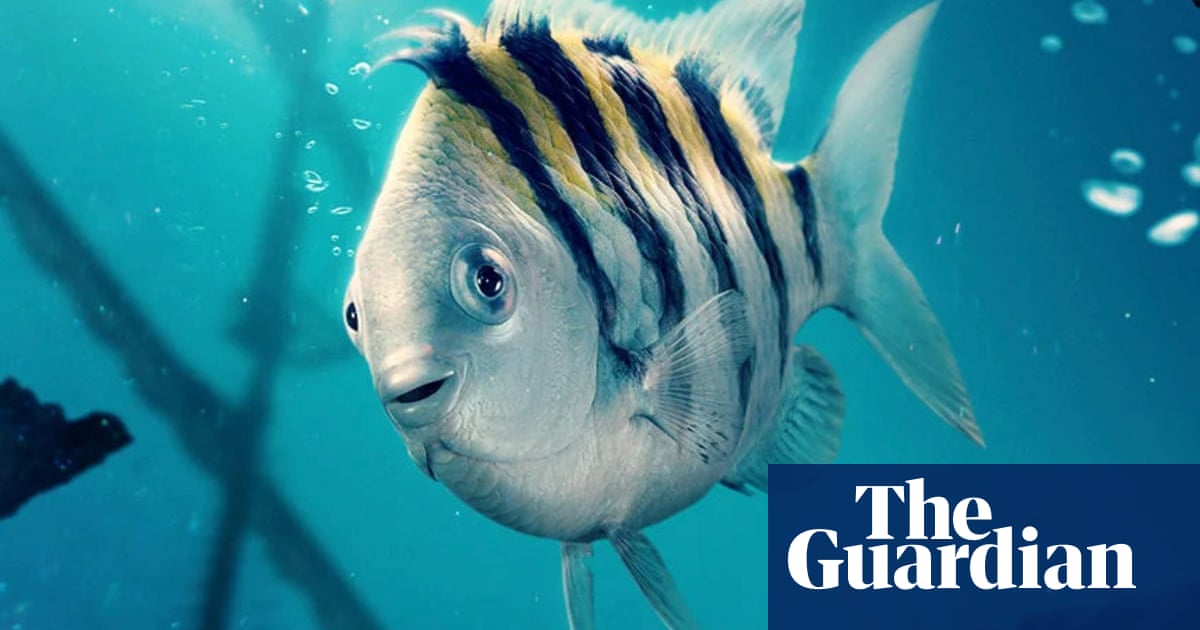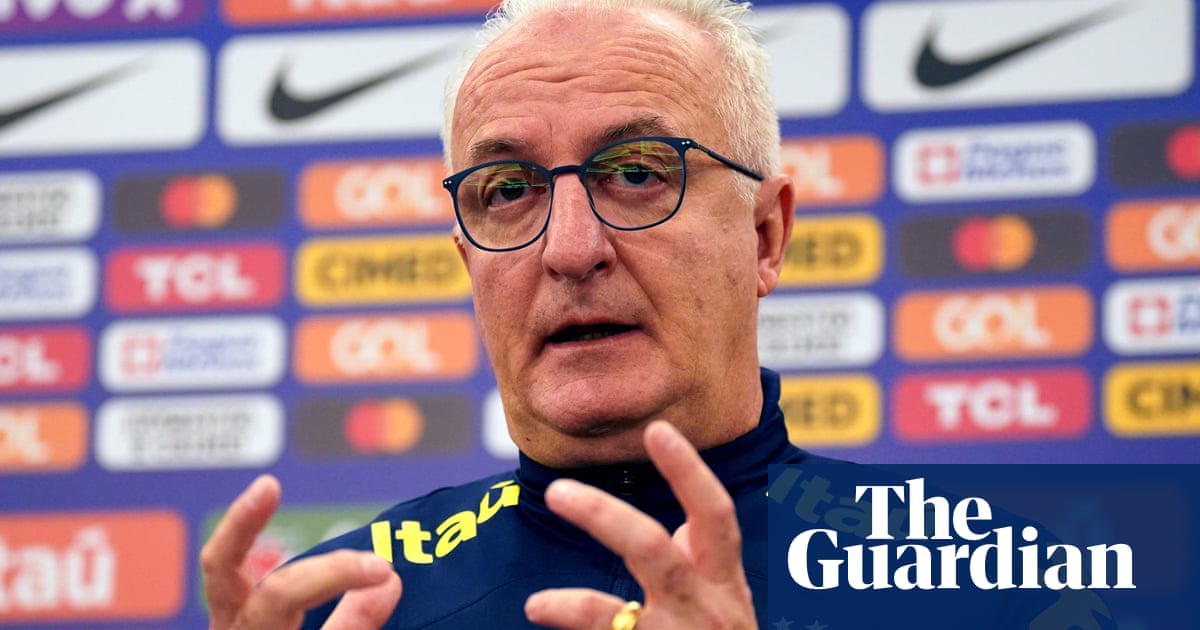
ha’Carri Richardson is the most exciting, compelling, and intriguing sprinter since Usain Bolt. The world just doesn’t know it yet. It’s not only that the 21-year-old has sonic boom speed – last month in Florida she ran 100m in 10.72 sec, the sixth quickest time in history – and mesmerising acceleration. It’s everything else, too. The look. The backstory. The attitude. And, yes, the baggage – although more of that later.
It is 25 years since an American woman won Olympic 100m gold. But while Richardson has not raced at world level, she is a below-the-radar favourite. It has been some journey. She was abandoned by her mother and tried to take her own life at high school. She has talked openly about her mental health struggles. It has made her many successes – including a string of college titles and junior world records – even more impressive.
In Gateshead on Sunday, she catapults into world class for the first time. Alongside will be two of her three biggest rivals for gold in Tokyo. Shelly-Ann Fraser-Pryce, the world 100m champion, and Britain’s Dina Asher-Smith, the world 200m champion. Richardson is clearly ready to make a statement.
“I don’t think I have been given the respect yet,” she tells the British athletics press pack on what turns out to be a lively and often confrontational Zoom call. “When I run a time somebody’s always trying to find something. It’s ‘I’m just fast for an American’, or ‘I’m just fast because I’m young’. I feel like there’s always an excuse for my success. I can’t allow myself to be starstruck on Sunday.”
What does she make of the 34-year-old Fraser-Pryce being a super mum as well as a great sprinter, one journalist asks. “This interview is about Sha’Carri,” she shoots back. “Do you have any questions for me?”
When pressed, she softens. “I prefer not to talk about other athletes,” she says. “But I’m actually very proud that she is a black woman who is continuing to have a career while having a family as well. She’s a phenomenon. She has all the respect from me.”
As for Asher-Smith, Richardson says: “I honestly don’t know a lot about her but she’s a great runner. I’m not ever going to discredit her.”
Richardson smiles when it is suggested that her long nails, dyed hair, and tattoos – including a dragon on her left shoulder – give her a flamboyant streak. Her look has drawn comparisons with the controversial 100m world record holder Florence-Griffith Joyner. But she says it is Bolt’s journey, from the confines of track and field to a global superstar, that she is most looking to emulate.
“Absolutely,” she says. “I want women to see they can be exactly who they are. You don’t have to be all quiet and shy, unless you want to be. You don’t have to shield yourself. I felt generations of women before us were like that. That’s a very big message I would like to send.”
It is powerful stuff. But some were alarmed that when Richardson turned professional two years ago, she chose the former US sprinter Dennis Mitchell as her coach even though he was banned for two years in 1998 after testing positive for testosterone. Mitchell’s defence, that he had drunk five bottles of beer and had sex with his wife at least four times because “it was her birthday, the lady deserved a treat,” was rejected by the IAAF.
Eyebrows have also been raised by the fact that Mitchell coaches Justin Gatlin, who has been banned twice for doping offences. However, Richardson insists that Mitchell has been transparent about his past. “You’all don’t have to worry about any doping situations coming from me,” she says. “I back him 1,000 per cent.”
Could her reputation be tarnished by association? “No, not at all,” she replies. “Because I know these men. I know what they are about.”
To Richardson’s credit, she doesn’t shy away from answering these necessary questions – at least at first. “I’m a very transparent person,” she says. “People on the outside asking questions and making comments don’t know what work is being put in. They just believe anything they read on the internet.”
Yet her mood turns sharply when she is asked about Mitchell’s history. “Excuse me, this interview is about me; it’s not about my coach,” she replies. “I don’t appreciate that question.”
In a world of bland athlete soundbites, Richardson is refreshingly unfiltered and raw. It is unusual for a top sports star to say that top athletes “definitely have a target on our backs” when it comes to being drug tested.
“I feel we are definitely targeted in a way that I wouldn’t say is inappropriate, but I understand,” she says. “I want people to know that I don’t have to take a steroid, I don’t have to take a drug. What I do when I perform is literally down to talent and hard work. I don’t entirely always agree with how they invade our privacy.”
There are more provocative words when the questioning moves to fellow sprinter Christian Coleman, who will miss the Olympics after a series of whereabouts failures. “Whereabouts is always important,” says Richardson. “It just goes back to being a top athlete. They are after us. They are coming for us. You have to stay on guard.”
Have you missed a test? “That’s my information, not for you guys to know,” she says, laughing.
Shortly afterwards, the interview concludes. “Some of you all are interesting, and not in a good way,” she says as a goodbye parting. It certainly seems unlikely that Richardson has been on a media training course – and if she did she’d probably rip up the textbook.












